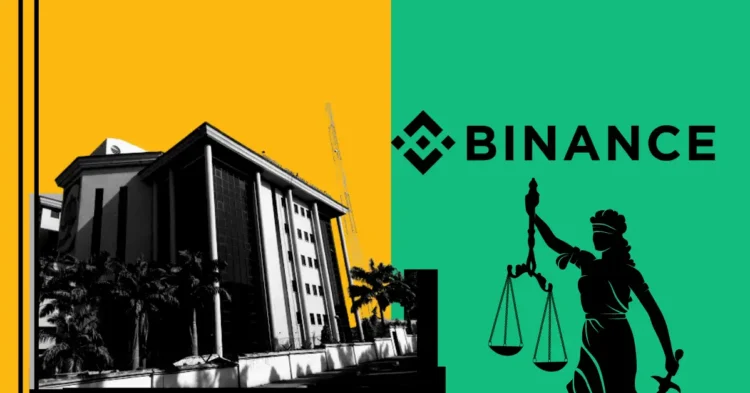The High Court in Abuja recently announced that the Nigerian government has decided to withdraw all money laundering charges against Tigran Gambaryan, a noteworthy executive at Binance. This decision follows months of vigorous international lobbying and marks a pivotal moment in the ongoing discourse surrounding cryptocurrency regulation in Nigeria. Having spent the majority of 2024 in custody, Gambaryan will now be released, granting him the freedom to return home. This development raises several questions about the factors that influenced the Nigerian government’s decision and how it might shape the future of digital asset regulation in the country.
Did the U.S. Pressure Help?
The expedited hearing, held earlier than anticipated, was largely influenced by mounting pressure from the United States. The U.S. government strongly advocated for Gambaryan’s release, citing his status as a U.S. citizen and his relatively minor role at Binance as reasons why he should not have been a focal point in the company’s legal challenges. His release is being hailed as a diplomatic victory for the United States, which has been keen on seeing a swift resolution to Gambaryan’s case. This international intervention not only underscores the global influence of the United States but also highlights the complexities of international relations in legal matters involving multinational corporations.
Understanding the Allegations
The allegations brought against Binance by the Nigerian authorities were serious, involving five counts of money laundering and currency speculation amounting to approximately $34 million. Initially, Gambaryan was denied bail due to concerns that he might flee the country, despite his deteriorating health conditions while in detention. His situation was further complicated by the involvement of fellow Binance executive Nadeem Anjarwalla, who managed to leave Nigeria earlier this year. These allegations brought to light the intricate challenges and risks associated with operating in the fast-evolving world of cryptocurrencies.
Crypto Regulation in Nigeria
With the conclusion of this six-month legal saga, Nigeria stands on the brink of potential changes in its approach to cryptocurrency regulation. Binance, under the leadership of CEO Richard Teng, has been actively expanding its global footprint and is poised to renew its efforts to obtain an operating license in Nigeria. Such a move could pave the way for more defined and structured rules for digital assets in the country. Nigeria’s position as one of Africa’s leading nations for crypto and Web3 adoption makes these regulatory developments particularly significant.
The economic landscape in Nigeria has been tumultuous, with the Naira experiencing a stark depreciation of nearly 90% against the U.S. dollar in recent years. This financial instability has prompted many Nigerians to turn to cryptocurrencies as a viable means of safeguarding their assets. As the nation grapples with these economic challenges, the role of digital currencies is likely to become increasingly prominent. Investors and stakeholders are closely monitoring these developments, eager to see how they will shape the regulatory environment for cryptocurrencies in Nigeria and beyond.
Stay tuned for updates on how this case will impact the future of crypto regulation in Nigeria and beyond.










